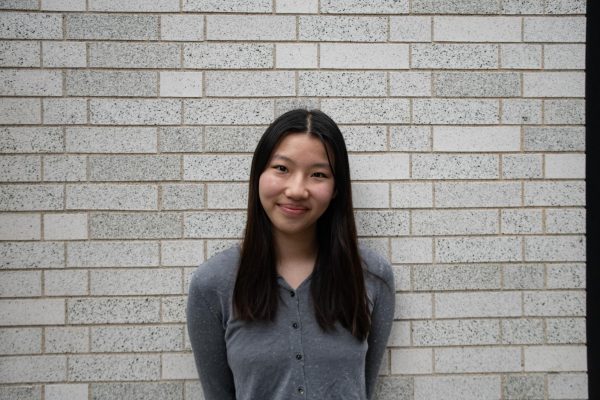Op-ed: Co-op wisdom or classroom smarts? Do both.
My first and, so far, only co-op experience can be defined as transformative, enriching, magnificent and by a further predictable collection of overused superlatives. Insofar as Northeastern has sold its co-op program as a way to learn through experience, the catchphrase is not merely a reflection of a hollow public relations strategy, but instead points to a legitimate and powerful conclusion: that experience is the bread and butter of true understanding.

This assertion seems so obviously true on its face as to render the conclusion trivial. Indeed, we are all so accustomed to the value of accumulating experiences that society deems it a virtue — that of wisdom. But why should we, as students caught in the relentless job search, care about gaining experience?
Through the use of a language easily digestible to the average Northeastern student, the so-called “career-speak” which we have seemingly all absorbed over the years through osmosis, experience is the necessary building block for attaining our highly sought-after titles of “professionals” and “experts.” Experience is rightly venerated because it is extremely useful.
The point I am trying to press here is that Northeastern’s central theory on experience — that it is vital to a student’s growth as a learner — is actually spot on.
Yet it seems to me that by placing so much emphasis on “learning through experience,” Northeastern students have overlooked and undervalued another important tool to further our understanding: the classroom.
The mere concept of the classroom is an extraordinary notion. Curious individuals, who are here solely with the intention to learn more about a given topic, are taught by those most experienced in said topic (at least this is the idea).
At Northeastern, you can learn public finance from an economist who worked at Boston’s Federal Reserve, astronomy from a physicist who did her post-doctoral fellowship at NASA’s Jet Propulsion Laboratory and logic from a professor who has been described to me by his colleagues as “one of the top five logicians alive today.”
You not only learn directly from these experts, but can ask them any and all questions you can possibly conceive. If you look around, the level of access that universities provide is remarkable, and the keys to a further understanding of whatever your curiosities might be are right in front of you.
I find that many Northeastern students have adopted a mentality in which they see co-op not as one of many methods for accumulating an understanding of a given topic, but as the only method of doing so.
Speaking from my own experience (pun only slightly intended), my first two years at Northeastern were dominated by a rigid pecking order that placed co-op first and the classroom a distant second.
What this ended up looking like was the prioritization of co-op search over homework, of cover letter refinement over office hour attendance and of interview preparation over class participation. This, in effect, meant that the attention I was giving to my studies — a necessity for a genuine understanding of any topic — was diminished at best and non-existent at worst.
I believe this to be a common thread for the average Northeastern student, yet this is in no way indicative of an overall sense of laziness or of a diminished interest in our desire to learn. On the contrary, we are so deeply committed to the idea of broadening our understanding that we devote an ungodly amount of time vying for the opportunity we believe will help us do just that — searching for the oft-presumed “perfect” co-op.
But we have allowed the pendulum to swing too far away from in-class learning.
After returning from co-op, I made the radical decision to genuinely focus on my studies. Admittedly, this was fueled by a feeling of existential dread that, already halfway into my university years, I was doing nothing but wasting my time. Seeking a change, I decided to change everything.
I chose a new major, began speaking to professors after class, began actually reading all of the assigned material and fully committed to soaking up as much information as I possibly could. I was not merely memorizing key words and regurgitating them anymore, but obtaining new knowledge and understanding. This change was illuminating.
The careers we decide to embark upon will be full of learning through experience, but it is only during our short time in university where learning for the sole sake of learning is not just acceptable, but the whole point of a university.
If your attendance at Northeastern can be attributed to the existence of the co-op program, do yourself a favor and remember that co-op isn’t the only way for you to grow.
Jack Masliah is a fourth-year political science and philosophy combined major and columnist for The News. He can be reached at [email protected].
The Huntington News is dedicated to serving the Northeastern University community with original, professional reporting and creating an environment in which student journalists can learn from one another. Support an independent, free press at Northeastern University with your donation today.
Donate
About the Contributors
Emma Liu is a third-year behavioral neuroscience and design combined major and deputy design editor for The News. She has previously served as deputy design editor for a semester and is excited to create fun layouts for The News' print issues.









































